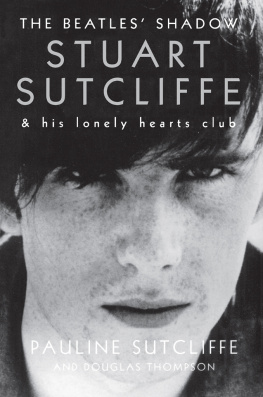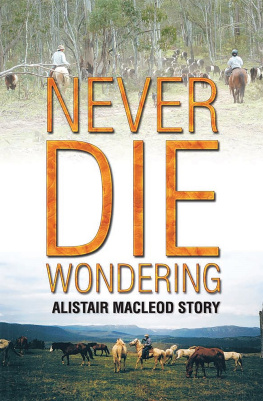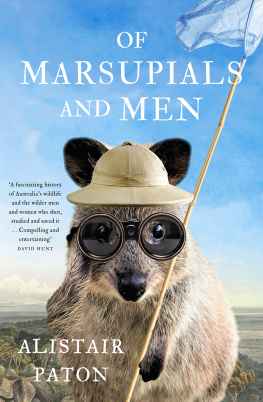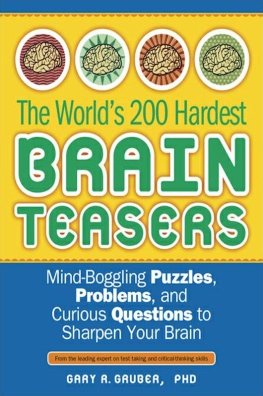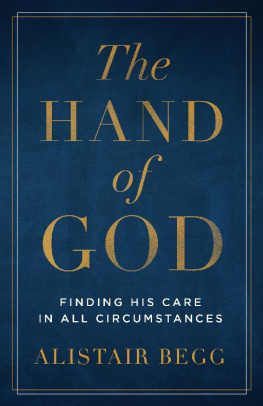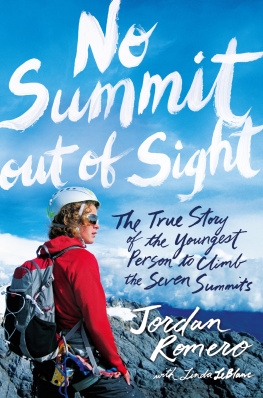February 1 st 2010. Where the hell am I? Im in a room, in a bed, my wife is crying, clutching my limp hand. There are doctors and nurses everywhere and leads coming from the skin on my chest. Tubes and needles are sticking out from both arms. I am in Intensive Care at Hull Royal Infirmary. I cant move...anything. Any limb that I try to contract, any ray of light that hits my pupils, any show of any emotion from my face- and the pain, God the pain. My head must not move from its current position. Any change sets the spiral off. First the vomiting, then the pain in my neck, rushing with spasms over the top of my head and into my eyes, a burning, visceral pain. Its serious. My mother and father are in the room. I cant open my eyes to see them, but I hear them there. Ive suffered a catastrophic subarachnoid brain haemorrhage, and my 37-year-old wife has been told by the consultant in charge to expect the worst and say goodbye to me.
Slowly, very slowly, the gaps start to fill in. I had been at home, stepping into the bath. Suddenly my head felt as if it was going to explode. Id stumbled downstairs to get my phone to call my wife at the hospital where she is a surgeon. I must have made the call, as I remember the dogs barking, confused and frightened, as an ambulance crew arrived at the house.
But somethings wrong. I cant remember before that. Why? I dont know. Im frightened. Will I ever walk again? Will I be able to see again? Will I die? I know the odds, theyre not good. What has happened to my memory? These are my darkest hours. I piece bits together, and work out that Ive lost six months of memory, from August 2009 up to the day of the haemorrhage, but everything else remains. The expeditions and adventures are in place. I remember back to when I was eleven years old....
Chapter 1
The Early Years and Mont Blanc
Our lives are measured by the footprints we leave behind, the courses we chart and the examples that we leave for others to follow.
I was eleven years old in 1975, the year that I met Chris Bonington. Chris was one of the worlds foremost mountaineers and hed just returned from leading the first successful British expedition to summit Mount Everest. Chris was visiting my best friends father, Eric Major, himself a climber as well as a publisher. Paul and I had just come in from playing football on the local fields. On entering the familiar surroundings of Pauls house, I was greeted by an unfamiliar yet welcoming and friendly giant of a man. Standing tall in the kitchen, this strange man had a cracked, weather-beaten face covered by an uneven tan, with a thick untended beard, experienced eyes and a warm smile. This was Chris Bonington, and from the minute he started talking to me I was interested quite something, for me. He recounted several stories of his trip, good and bad and that was me hooked. What does it really feel like to stand on top of the world? What would the air smell like up there? How can people get so high without being in a plane? What does it take to get up there, to the places where so few have been? One day, I thought to myself, I want to answer these questions.
Life before secondary school had presented me with some indication of where my future might go. My father and I are similar in many ways, both sharing a love for animals and humans alike, though occasionally more for the former. In the late 1960s, before I was old enough to be trusted on my own at home in the school holidays, dad used to take me along to his surgery where I used to sit and play with my toys as he consulted with both ill and well patients. It was on one of his house visits, to an elderly patient who ran the local slaughter house, that I acquired my first real pet. As we stepped out of my fathers old mini traveller, a lorry pulled up laden with chickens ready to be dressed for the consumer. As the lorry driver threw the birds in through the slaughter-house door, I heard a loud crack, and the bird that he had just thrown began squawking in obvious pain. The poor chicken had suffered a badly broken leg in the throwing process, and now lay shaking in distress on the stone floor. I must have been visibly upset at witnessing this cruelty, as dad stepped in without hesitation, and offered the slaughter-mans son three shillings and sixpence for the injured chicken. The offer was accepted, father went in to attend to his patient, and I attended to the stricken bird. That afternoon we got the chicken home and splinted its broken leg with two lollipop sticks and some bandage from the surgery. We named the pet Lazarus, as we felt that it had risen from its grave, and the chicken and I embarked on a nine year relationship together. I truly loved my pet, and doted on it to the extreme, regularly encouraging it in from the garden with pieces of chocolate and cream cracker, only to be shouted at by mother several hours later as she cleaned up the poo left behind by my new best friend. Lazzy never laid a single egg in her entire time with us, but she lived a very long and happy life in the Sutcliffe household, finally passing away after many pampered years. Her death was by no means predictable. When poor Lazzy finally went off her legs, my father couldnt bear to put her down by the accepted route of breaking her neck, and gave her sufficient sedative to put an elephant to sleep. Lazzy consequently fell into a deep slumber, nursed in my bedroom, and woke up three days later. My father then called in Mike, our vet and good friend, who put Lazzy to rest, finally, in a peaceful, predictable and certain way.
My school years were not exactly a tale of academic success. My brother Andy and I both attended the same school for most of our youth. Neither of us really excelled in any department, though Andy did learn how to smoke a cigarette successfully, and kindly tutored me for a few years until I too had learnt the skill. Fortunately the finances involved in continuing this hobby soon curtailed it, though my brother still flies the flag. Our secondary school, Westcliff High, was close to our home in Leigh-on-Sea. The school was an all boys affair, though fortunately right next door to the girls school. Andy formed a small punk rock band, and naturally most of my interests followed on from what my big brother was involved in. In my eyes he was the coolest guy on the block.
School was all about learning sport and acquiring a passion for motorcycles, as far as I was concerned. The first motorcycle arrived six weeks before my sixteenth birthday, much to the disappointment of mum and dad. I had saved for months from the money that I had earned from my paper round, and had taken this money in monthly instalments to one of the local motorcycle shops. Here, they had kindly kept a record of the payments until I had given them enough for my dream bike, a seven-year-old Fantic Caballero moped. I was absolutely thrilled at the prospect of no longer relying on pedal-power to get to school and back. Suddenly, I was going to be free. I knew that my parents would not welcome the motorcycle, but fortunately Andy had already taken the heat from the situation by getting one himself. Most of the arguments about how dangerous they are, how noisy and antisocial they are, and how impractical they are, had already taken place. On the day of pick-up, I was not old enough to ride the moped home. I arrived at the shop with my satchel from school, paid my last instalment and then proudly left. I pushed my prize home on the pavement, all five miles, working out how I could conceal it from my parents. I arrived at our house and pushed it through the side gate and into the back garden, and hid it behind one of the sheds. This was to be my mopeds home, at least until I had worked out how to break the news to my parents. The plan failed miserably. It was discovered the following day when my father fell over one of its pedals while trying to smoke a cigarette behind the shed in his dressing gown and slippers. For months mother had been harassing him to give up smoking, and hed informed her that he was well into the process of cleansing his system of the dreaded weed. Clearly, this was not quite true, and as he came in with dirty knees from his tumble, mother remarked that it had been divine justice for telling her fibs. This distracted them both from the fact that their second son was now a motorcycle owner.



